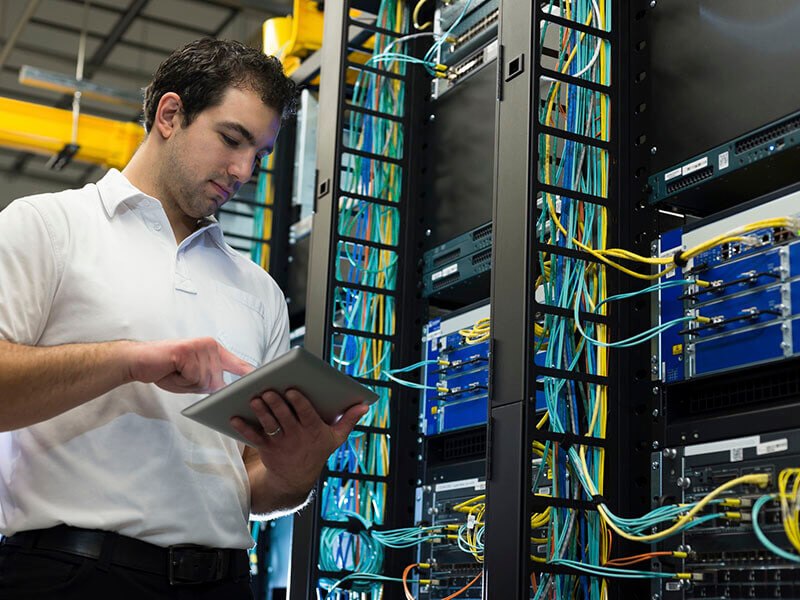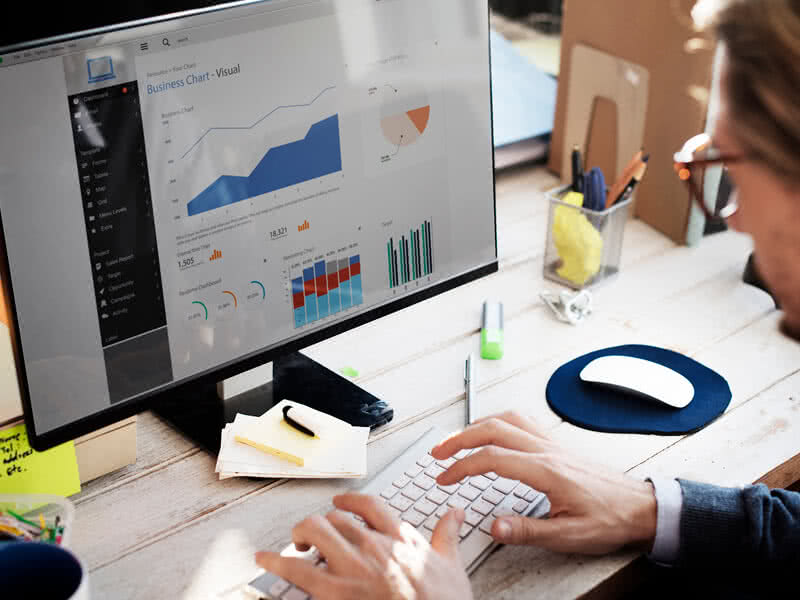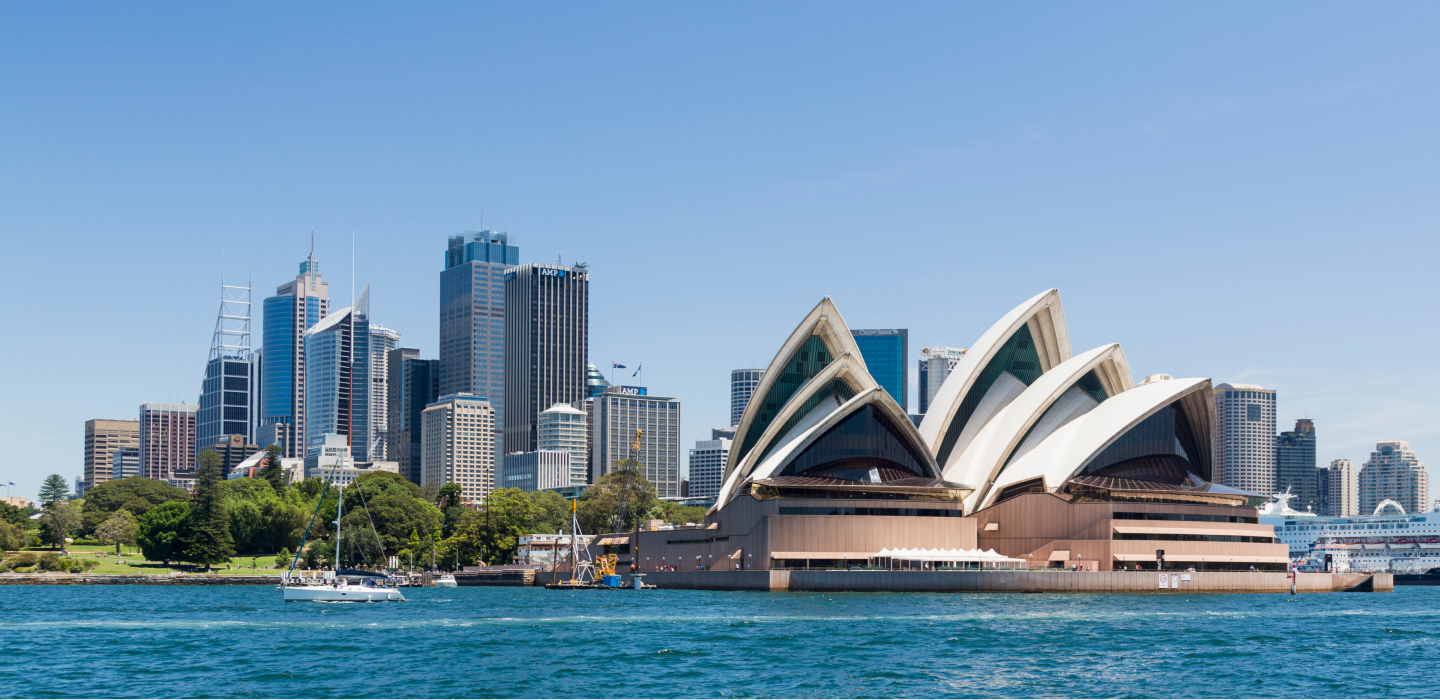The importance of efficiency is nothing new to the data center industry, but the rise of sustainability awareness is causing some businesses to view their data centers through a social responsibility lens, rather than aiming solely for efficiency.
For example, the Natural Resources Defense Council released data saying U.S. data centers consumed an estimated 91 billion kilowatt-hours of electricity in 2013 – enough electricity to power all the households in New York City twice over – and are on-track to reach 140 billion kilowatt-hours by 2020.
So, what can your business do to become part of the solution? Here are five important things to consider to achieve not only efficiency but sustainability in your data center ecosystem:
1. One of the largest opportunities for energy savings is identifying and decommissioning comatose servers. An energy efficiency audit from a trusted IT service partner can help you put a program in place to take care of comatose servers and make improvements overall.
2. Businesses should start taking a more aggressive approach to data center efficiency—adopting, for example, cooling with maximum economization and UPS systems that apply active inverter eco mode and move seamlessly to high-efficiency mode—while also pushing for increased use of alternative energy, such as wind and solar, to power data center operations and achieve carbon neutrality.
3. We are seeing the advent of zero carbon data centers through a combination of on-site renewable energy generation in concert with near-site, grid-delivered renewbale energy resources. The next step in sustainability is the emergence of the extremely low water and no water use data centers.
4. PUE (power usage effectiveness) is becoming less of an ‘efficiency’ concern as the business community recognizes the lost time, revenue, and the sheer amount of energy required to bring a data center back on-line after an outage far surpasses the minimal savings associated with risky efficiency plays in quest for a lower PUE.
5. The impact of sustainability will not be limited to on-premise technology decisions. To be meaningful, your business’s reporting must include the full data center ecosystem, including colocation and cloud providers. As this practice grows, sustainability will rise to the level of availability and security as must-have attributes of a high-performing data center.
As sustainability gathers more attention, the prediction made by Data Center 2025 participants that solar energy would account for 21 percent of data center power by 2025, which seemed extremely aggressive to some experts, may prove accurate. Do you think solar energy will play a larger role in the data centers of the future?





